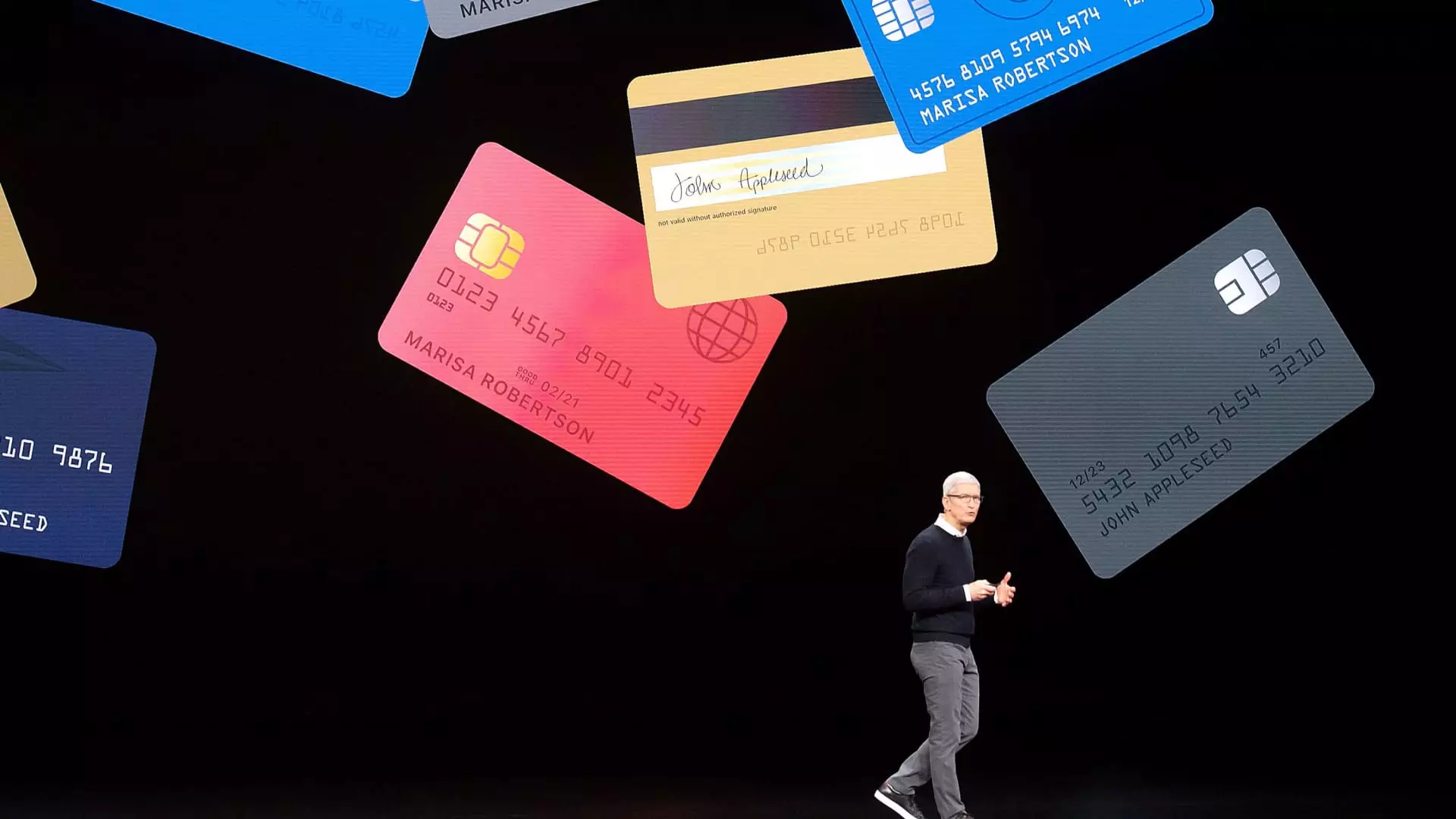In a significant regulatory action, the Consumer Financial Protection Bureau (CFPB) recently mandated that tech giant Apple and investment bank Goldman Sachs compensate consumers a staggering $89 million for failing to properly address consumer grievances linked to transactions on the Apple Card. This ruling highlights critical shortcomings in how both companies handled consumer disputes and illustrates the increasing scrutiny that technological and financial firms face regarding their compliance with consumer protection laws.
According to the CFPB, Apple exhibited negligence by not relaying thousands of consumer disputes to Goldman Sachs, which is responsible for issuing the Apple Card. This negligence raises serious questions about the operational practices and communication strategies employed by Apple regarding its financial product. Additionally, when Goldman Sachs actually did receive these disputes, the bank fell short of fulfilling its federal investigative obligations. Such systemic failures not only undermine consumer trust but also expose both companies to significant legal and financial repercussions.
As a result of these infractions, Goldman Sachs has been hit with a $45 million civil fine and directed to pay an additional $19.8 million in consumer restitution. In contrast, Apple has been assessed a $25 million penalty. Notably, the CFPB has prohibited Goldman Sachs from issuing any new credit cards unless it can convincingly demonstrate adherence to legal standards for consumer disputes. CFPB Director Rohit Chopra remarked on the obligations of big corporations, emphasizing that neither large technology companies nor major financial institutions can operate outside the law.
The Apple Card was introduced in 2019 with a promise of simplicity and transparency, uniquely designed to integrate seamlessly with Apple Pay. A pivotal feature that quickly gained attention was the option for customers to purchase Apple devices through interest-free monthly payments. However, the CFPB’s investigation revealed that many consumers were misled into believing that they would automatically receive these interest-free plans. In reality, some customers experienced unexpected interest charges due to a lack of clear communication from Goldman Sachs regarding the refund processes, ultimately skewing their credit reports.
In light of the CFPB’s findings, Goldman Sachs defended its practices as being committed to consumer service. Nick Carcaterra, a corporate communications vice president at Goldman Sachs, labeled the Apple Card as “one of the most consumer-friendly credit cards ever offered,” asserting that the company has been proactive in addressing operational challenges. However, this defense raises further concerns about the transparency and reliability of their customer service protocol, leaving consumers uncertain about the credibility of these claims.
The ruling against Apple and Goldman Sachs serves as a stark reminder of the responsibilities that accompany the rapidly evolving landscape of financial technology. As consumers increasingly rely on digital solutions for financial services, regulatory bodies like the CFPB must ensure that these companies maintain rigorous adherence to consumer rights. This recent action not only holds these giants accountable but also sets a precedent for stricter enforcement, encouraging other firms in the industry to reassess their policies and consumer engagement strategies to avoid similar pitfalls.

